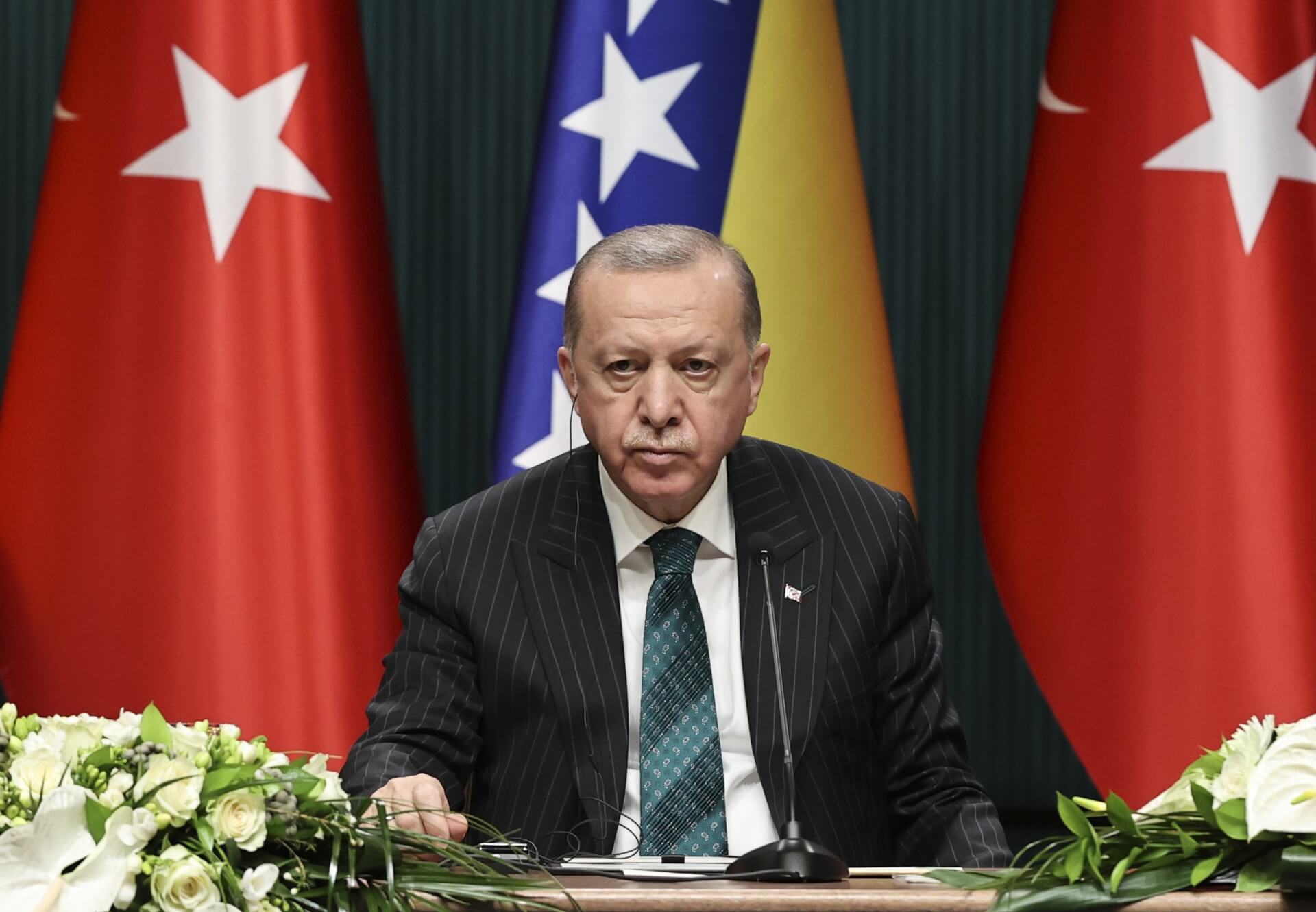On Wednesday, representatives from Greece and Turkey met in Athens for the second round of exploratory talks aimed at resolving a long-standing dispute between the two sides over maritime borders and energy exploration rights. The first round was held in Istanbul in January.
The latest meeting, which lasted four hours, was meant to lay the groundwork for more formal negotiations on the matter following a five-year hiatus. However, no details of the talks have been made public yet. The Greek delegation was reportedly led by senior diplomat and former National Intelligence Service director Pavlos Apostolidis and the Turkish side by Deputy Foreign Minister Sedat Önal.
The NATO allies have locked horns over disagreements relating to the boundaries of their respective continental shelves, maritime and energy exploration rights, ethnically split Cyprus, and the status of some islands in the Aegean Sea. The ongoing friction triggered a tense standoff between the countries last year after a Turkish seismic research vessel, Oruç Reis, began exploratory drilling in disputed waters in the eastern Mediterranean. The situation also strained Ankara’s ties with the European Union (EU), which is currently evaluating whether or not to sanction Turkey for its assertive actions in the disputed waters. European lawmakers are expected to discuss the matter at a summit later this month, on March 25-26.
And it is not just the EU that has cautioned against Ankara’s recent behaviour. NATO Secretary-General Jens Stoltenberg told European leaders on Monday that he had “serious concerns” about Turkey, citing its claims in the eastern Mediterranean, its decision to buy Russian-made S-400 missile defence systems, and its poor record of democratic rights within its borders.
However, Ankara remains defiant. Turkish President Recep Tayyip Erdoğan on Tuesday said that his country’s position remains unchanged when it comes to the eastern Mediterranean issue and that it would not be possible for Turkey to make any concessions on the matter.
This is bound to make any negotiations moving forward difficult, given that the two sides have yet to come to an agreement on the scope of discussions. Greece insists that the demarcation of maritime exclusive economic zones and the continental shelf are the only matters it is willing to negotiate, whereas Turkey wants the talks to be “unconditional,” including wider issues like air space, and the demilitarisation of Greek islands in the Aegean Sea.
In recent weeks, Athens and Ankara have also clashed over Greece’s MoU with Israel and Cyprus to build the longest undersea power cable connecting the countries’ electricity grids, which Turkey says will run through its territorial waters. Ankara sent diplomatic notices to all three countries this week, demanding that they ask its permission before carrying out any work on its continental shelf.
Greece, Turkey Resume Maritime Talks in Athens
The NATO allies have locked horns over disagreements relating to the boundaries of their respective continental shelves, and maritime and energy exploration rights.
March 18, 2021

Turkish President Recep Tayyip Erdoğan SOURCE: AA via DAILY SABAH
